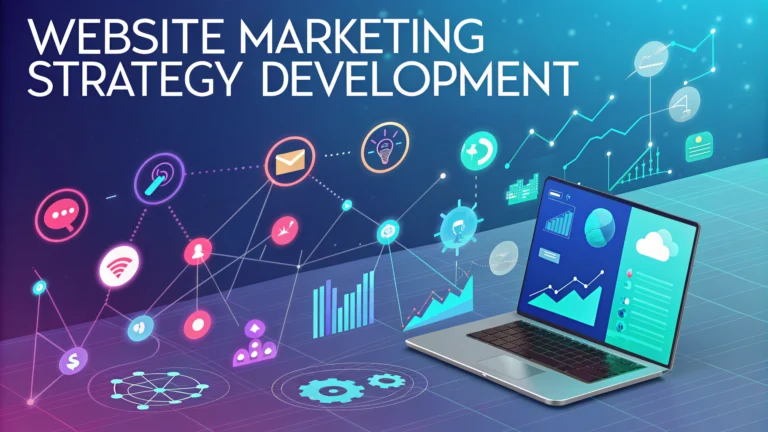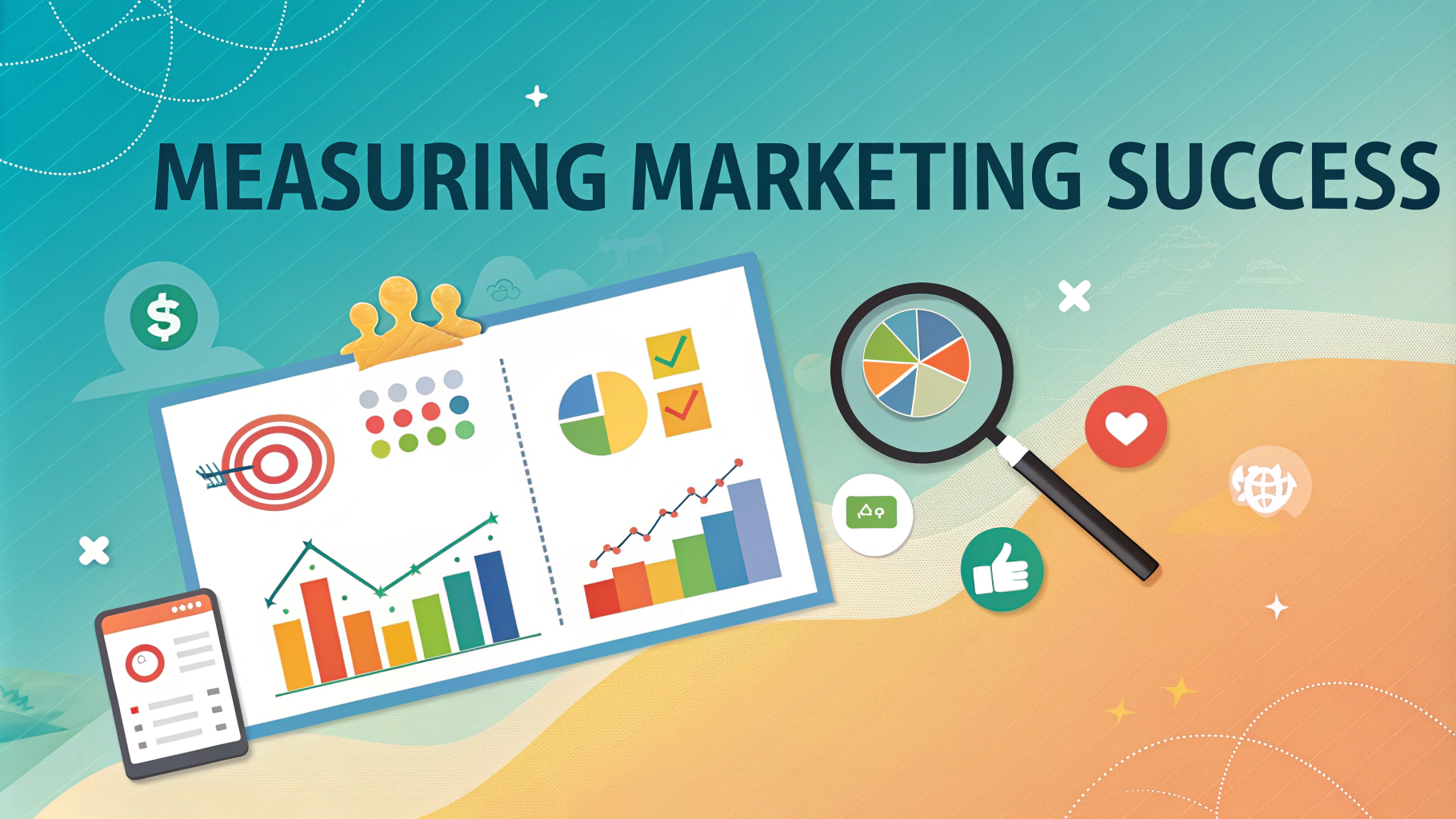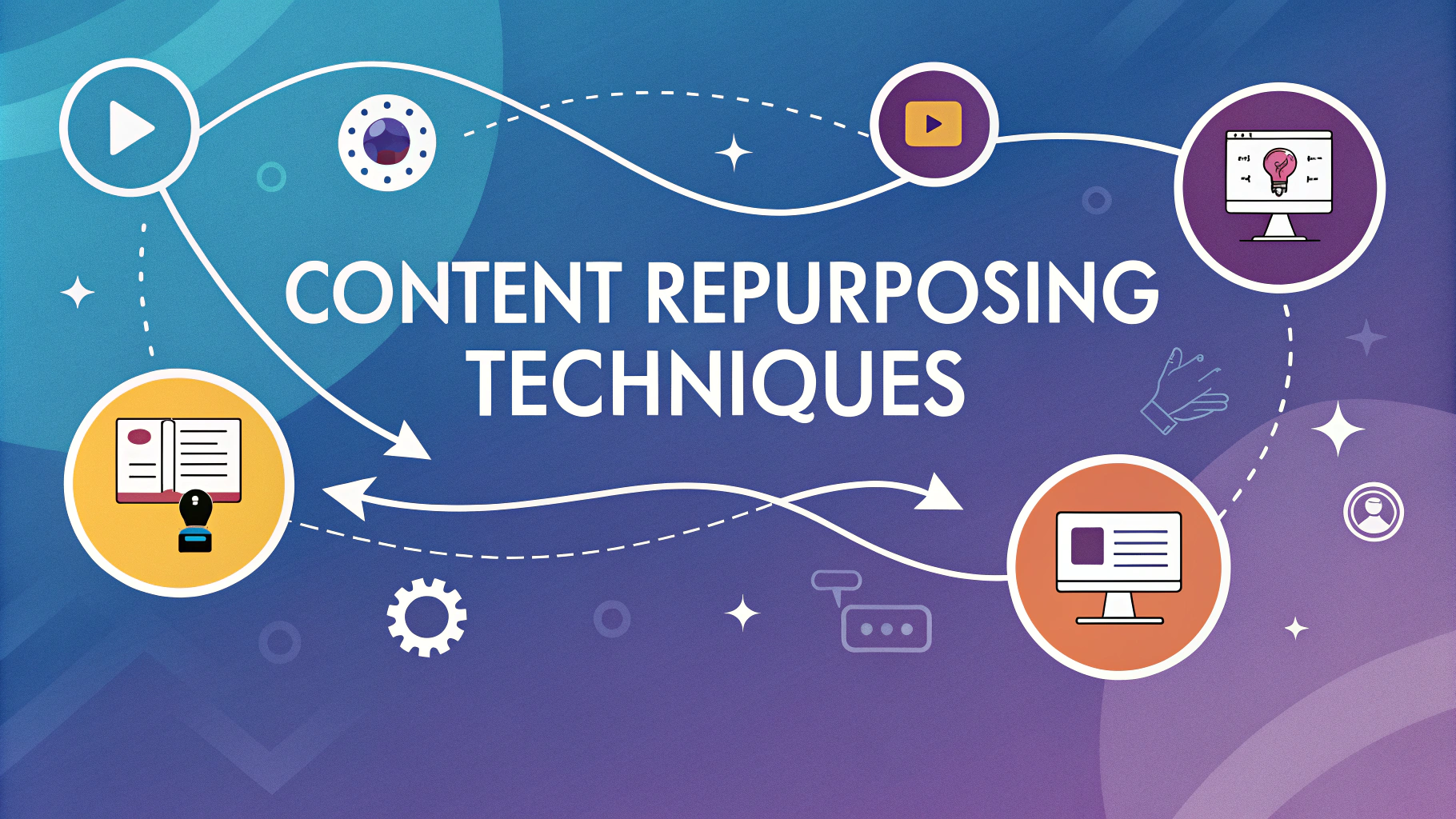Digital marketing isn’t just about having a website—it’s about making that website work hard for your business. Every successful online presence requires a strategic approach that transforms casual visitors into loyal customers.
Modern businesses need more than a simple digital brochure. They require a dynamic marketing strategy that attracts, engages, and converts website visitors consistently. This guide will break down proven techniques to amplify your online visibility and drive meaningful results.
1. Understanding Your Target Audience
Effective website marketing begins with deep audience insights. Comprehensive audience research allows you to craft targeted messaging that resonates directly with potential customers.
Key Audience Research Techniques:
- Develop detailed customer personas
- Use analytics tools for demographic insights
- Conduct surveys and interviews
- Analyze competitor audience strategies
- Track online behavior patterns
Segmenting your audience enables personalized marketing approaches. By understanding specific customer pain points, preferences, and behaviors, you can design more compelling website experiences.
Advanced analytics platforms like Google Analytics and SEMrush provide granular data about website visitor characteristics. These tools help decode complex user interaction patterns and preferences.
Mapping customer journeys reveals critical touchpoints where strategic interventions can dramatically improve conversion rates. Understanding how users navigate your website becomes a powerful optimization strategy.
2. Search Engine Optimization (SEO) Fundamentals
SEO remains the backbone of successful website marketing strategies. Organic search traffic represents a cost-effective method for attracting qualified leads.
Core SEO Elements:
- Keyword research and optimization
- High-quality content creation
- Technical website performance
- Quality backlink development
- Mobile responsiveness
Modern SEO goes beyond simple keyword stuffing. It requires creating genuinely valuable content that addresses user search intent with precision and depth.
Technical optimization plays a crucial role in search engine rankings. Factors like page speed, mobile compatibility, and secure hosting significantly impact search visibility.
Link building remains a powerful SEO strategy when executed authentically. Building relationships with industry publications and creating shareable content can naturally attract high-quality backlinks.
3. Content Marketing Strategy
Content transforms websites from static information repositories into dynamic engagement platforms. Strategic content marketing attracts, educates, and converts potential customers.
Content Marketing Pillars:
- Blog posts and articles
- Video content
- Infographics
- Podcasts
- Interactive media
Developing a consistent content calendar ensures regular audience engagement. Varied content formats cater to different learning preferences and consumption habits.
User-generated content and case studies provide authentic social proof that builds trust. Potential customers value real experiences over manufactured marketing messages.
Content distribution strategies are equally important as content creation. Leveraging social media, email marketing, and strategic partnerships expands content reach exponentially.
4. Conversion Rate Optimization
Converting website visitors into customers requires strategic design and psychological understanding. Conversion rate optimization transforms traffic into tangible business results.
Conversion Optimization Strategies:
- Clear call-to-action design
- Simplified navigation
- Trust signal implementation
- A/B testing
- Performance tracking
User experience design directly impacts conversion potential. Intuitive interfaces and streamlined conversion paths reduce friction in the customer journey.
Strategic placement of trust signals like testimonials, security badges, and social proof elements increases visitor confidence and conversion likelihood.
Continuous testing and data-driven refinement separate successful websites from average online presences. Small, incremental improvements compound into significant performance gains.
5. Social Media Integration
Social media platforms serve as powerful amplification channels for website marketing strategies. Seamless integration between your website and social networks creates a cohesive digital ecosystem that enhances brand visibility and engagement.
Social Media Marketing Tactics:
- Cross-platform content sharing
- Social login capabilities
- Embedded social feeds
- Social sharing buttons
- Influencer collaboration
Strategic social media integration extends website reach beyond traditional search engine boundaries. By creating shareable content and facilitating easy social interactions, businesses can exponentially increase their digital footprint.
Platform-specific strategies recognize the unique characteristics of each social network. LinkedIn might require professional, data-driven content, while Instagram demands visually compelling narratives.
Advanced social media tracking tools enable marketers to measure engagement metrics and refine their cross-platform communication strategies continuously.
6. Email Marketing Integration
Email marketing remains a highly effective direct communication channel with exceptional return on investment. Integrating email strategies with website marketing creates personalized, targeted engagement pathways.
Email Marketing Components:
- Segmented subscriber lists
- Automated email workflows
- Personalization techniques
- Lead magnet development
- Performance tracking
Sophisticated email marketing goes beyond generic newsletters. Triggered emails based on user behavior, personalized recommendations, and segmented content deliver more relevant experiences.
Lead magnets like downloadable resources, exclusive content, and time-limited offers incentivize email subscriptions and website interactions.
Sophisticated marketing automation platforms enable complex, behavior-driven email sequences that adapt to individual user interactions and preferences.
7. Paid Advertising Strategies
Paid advertising provides immediate visibility and precisely targeted audience acquisition. Complementing organic strategies with strategic paid campaigns accelerates website marketing performance.
Paid Advertising Channels:
- Google Ads
- Social media advertising
- Retargeting campaigns
- Display network advertising
- Programmatic advertising
Effective paid advertising requires granular audience targeting, compelling ad creative, and continuous performance optimization. Data-driven approaches minimize wasted ad expenditure.
Retargeting strategies re-engage website visitors who did not complete desired actions, providing second chances for conversion through strategically placed advertisements.
Advanced advertising platforms offer sophisticated tracking and attribution models that provide comprehensive insights into campaign performance and customer acquisition costs.
8. Analytics and Continuous Improvement
Data-driven decision-making distinguishes successful digital marketing strategies from arbitrary approaches. Comprehensive analytics provide actionable insights that guide continuous website optimization.
Key Performance Indicators:
- Traffic sources
- Conversion rates
- User engagement metrics
- Customer acquisition costs
- Revenue attribution
Modern analytics platforms offer unprecedented visibility into user behavior, allowing marketers to understand complex interaction patterns and optimize accordingly.
Machine learning and predictive analytics are transforming website marketing by enabling more sophisticated, anticipatory user experience design.
Establishing a culture of continuous improvement ensures that website marketing strategies remain adaptive, responsive, and aligned with evolving digital landscapes.
Conclusion
Developing a comprehensive website marketing strategy requires a holistic, integrated approach that combines technical expertise, creative thinking, and data-driven insights. Success emerges from understanding audience needs, delivering value, and continuously refining digital experiences.
By implementing these strategic frameworks, businesses can transform their websites from passive information platforms into dynamic, high-performance marketing assets that drive meaningful growth.











